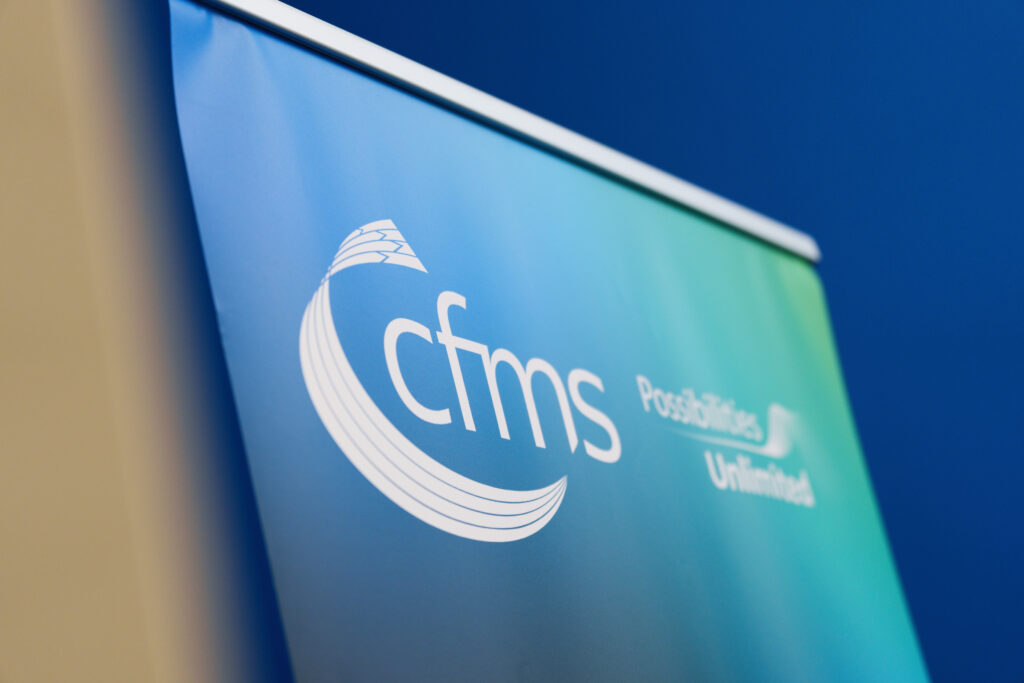As part of the Digital Security by Design initiative (DSbD) delivered by Digital Catapult via the Technology Access Programme, Cambridge Consultants, part of Capgemini Invent, has been assessing how capable the Arm Morello evaluation board is for delivering enhanced security for the systems created for its clients.
The Morello evaluation board designed by Arm is a real-world test platform for the CHERI (Capability Hardware Enhanced RISC Instructions) architecture developed by the University of Cambridge. It is the first hardware implementation of DSbD technology, and could eliminate whole classes of possible exploits, significantly reducing the ability of bad actors to capture user data, take over machines, or shut down critical systems.
The project involved porting existing code, then evaluating the ease of porting and the performance and security of the resulting system.
Once the Cambridge Consultants team had got to grips with what the A-Class CPU based Morello board could do, they identified a specific objective: to explore the extent to which it could help secure the operation of a virtualised mobile network infrastructure, particularly the LTE eNodeB (long-term evolution basestation). This is the hardware connected to the mobile phone network that communicates directly and wirelessly with mobile handsets. This work is particularly relevant to critical communications over LTE as UK emergency services, such as police, fire and ambulance, have moved from an airwave system to an LTE based one, with UK and European railway networks expecting to follow suit in the next decade.





















































